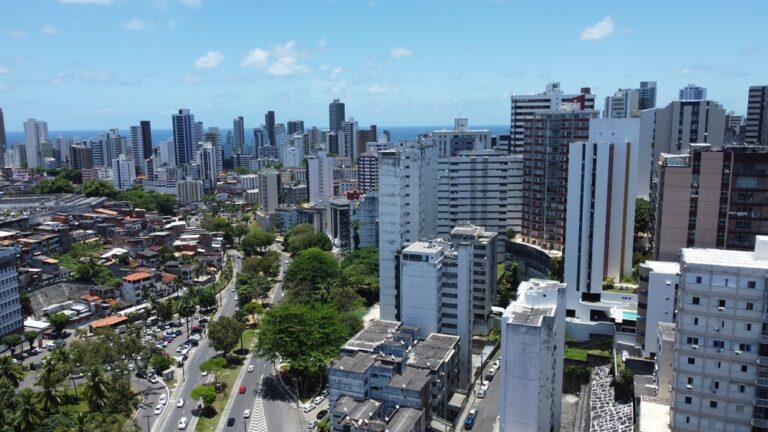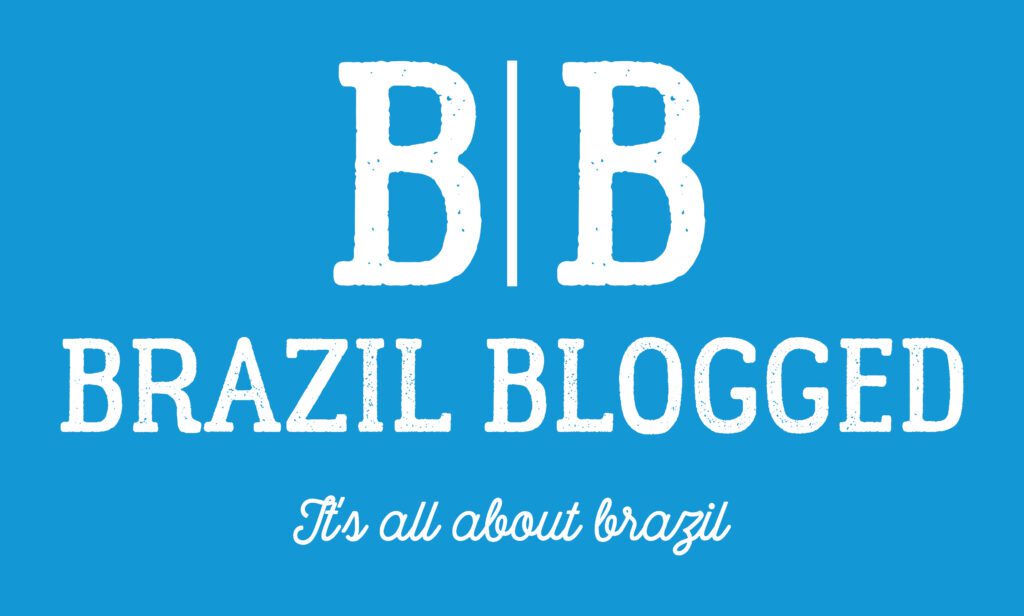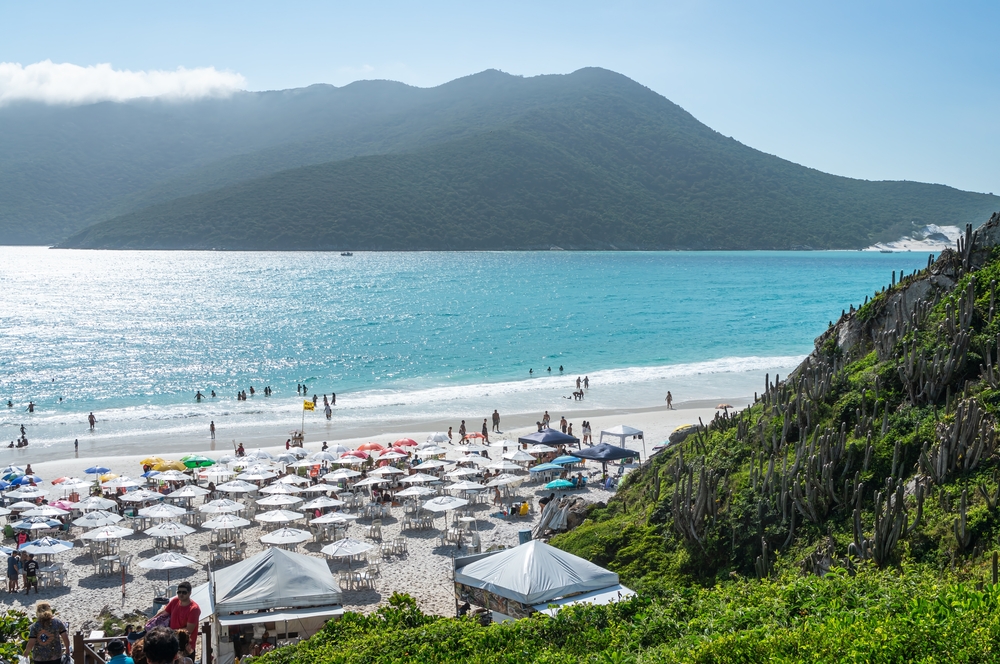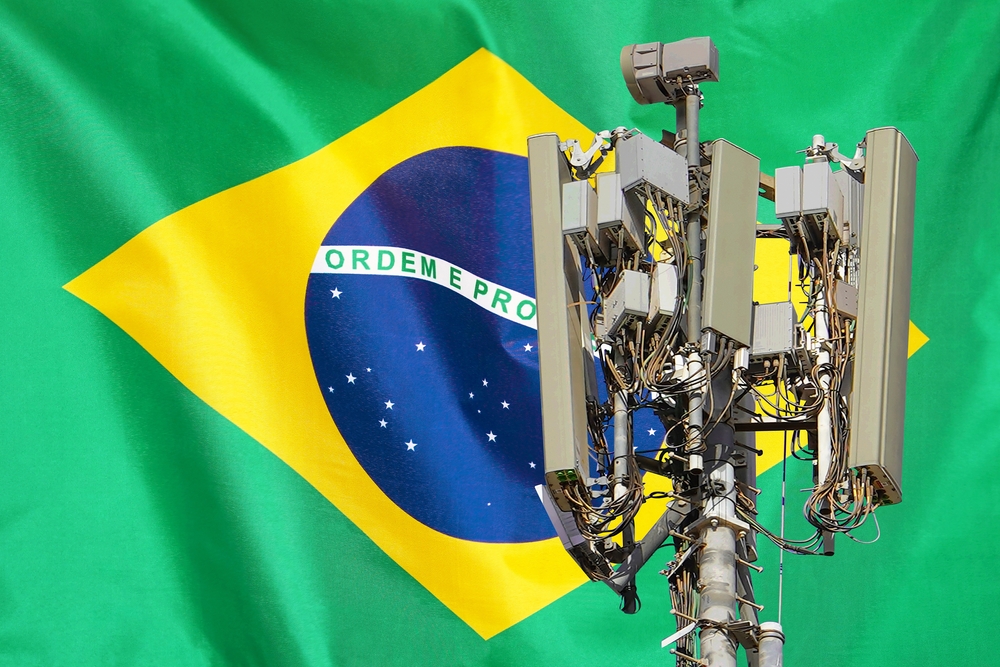Table of Content
ToggleIntroduction
Thinking about how to protect yourself against illness and accidents in Brazil is essential, given the complexity of the healthcare system and the range of insurance options available. Whether you’re a resident or a visitor,insuring yourself can mitigate the financial burden of unexpected health issues. Brazil’s public healthcare system, SUS, provides free services, but having additional coverage can offer better access to private care and specialized treatments.
Understanding the different types of insurance policies in Brazil is crucial. Residents can rely on both public healthcare and private insurance plans, whereas visitors might opt for comprehensive travel insurance. Many employers also offer health insurance as part of their benefits package, ensuring better access to healthcare services.
Navigating the private insurance market can seem daunting, but knowing what coverage you need is the first step. Look into various plans, compare their benefits, and consider policies that cover a wide range of health issues, from minor illnesses to serious accidents. Remember to assess the financial aspects of each option carefully to ensure it fits your budget.
Key Takeaways
- Brazil’s healthcare system includes both public and private options for illness and accident coverage.
- Private insurance plans and employer-provided policies offer additional benefits and better access to care.
- Comprehensive travel insurance is advisable for visitors to cover unexpected health issues and emergencies.
Understanding the Brazilian Healthcare System
Brazil has a dual healthcare system, featuring both public and private sectors. The public system, known as SUS, provides free medical services to all. Private healthcare offers more options through insurance plans.
Public vs Private Healthcare
The Sistema Único de Saúde (SUS) is the cornerstone of Brazil’s public healthcare. It offers free medical services ranging from routine doctor visits to complex surgeries. Funded by taxes, SUS aims to ensure universal access to healthcare for all residents.
Private healthcare plays a significant role in Brazil. Many facilities are contracted by the government to offer specialized services. Private insurance plans often provide quicker access to treatments and a wider range of hospital options. This sector appeals to individuals who prefer more personalized care.
A large part of the population relies on both systems to meet their healthcare needs. Those with economic means often choose private insurance to avoid long wait times associated with SUS. Meanwhile, SUS remains a crucial safety net for millions.
Access to Medical Treatment
Access to medical treatment in Brazil varies. In urban areas, there are numerous healthcare facilities, but rural regions often face shortages. Efforts to improve accessibility include mobile health units and telemedicine services.
Previdência Social offers crucial support for individuals unable to work due to illness or accidents. This social security program includes disability benefits, which help cover medical expenses and provide income support.
Using SUS, individuals can access a wide range of medical treatments for free, though they might experience longer wait times. Private healthcare offers a quicker alternative but requires out-of-pocket costs or insurance.
Overall, combining public and private healthcare systems aims to provide comprehensive care for Brazil’s diverse population. Each system has its pros and cons, making it essential to choose based on individual needs and circumstances.
Navigating Social Security Benefits
Social security in Brazil offers several types of benefits, including coverage for illness and injury as well as retirement and disability. Understanding these benefits can help individuals ensure they are protected in various situations.
Coverage for Illness and Injury
In Brazil, the Instituto Nacional do Seguro Social (INSS) provides coverage for illnesses and injuries. When a worker falls sick or gets injured, they might be entitled to sick leave benefits through social security.
Sick Leave: Employees must have made at least 12 months of social security contributions to qualify. They can receive a monthly payment while they are unable to work, which helps to offset their loss of income.
Job Accidents: If an injury occurs at work, the worker might be eligible for additional benefits. These can include medical care and even compensation for temporary or permanent disabilities related to the accident.
Retirement and Disability
INSS also manages retirement and disability benefits. These are critical for individuals who either retire or can no longer work due to a disability.
Retirement: Workers must contribute to the INSS for a minimum period to be eligible for retirement benefits. The specific amount varies based on factors such as age and length of contribution. Once eligible, retirees receive a monthly pension.
Disability: For those unable to work due to a disability, INSS provides disability benefits. Similar to other benefits, there are contribution requirements and a medical evaluation to establish the worker’s inability to engage in substantial gainful activity.
These benefits are designed to provide financial support and security for Brazilians in various life stages and circumstances.
Personal and Employer Insurance Policies
In Brazil, two main types of insurance cover health and accidents: employer-mandated contributions and supplementary private insurance. Each has its own requirements and benefits.
Mandatory Employer Contributions
Brazilian law requires employers to contribute to health and accident insurance for their employees through the Social Security System (INSS). Employers must deduct a percentage of employees’ salaries to fund this. These contributions cover medical expenses, sickness benefits, and compensation for work-related accidents.
The INSS ensures that employees have access to public health services. Employees receive treatment for illnesses and accidents, including hospitalization and rehabilitation. This system is vital for workers who do not have private insurance.
Employers face penalties if they fail to comply. They must also report work-related accidents to ensure proper compensation. This policy aims to balance workers’ welfare and employers’ responsibilities.
Supplementary Private Insurance
In addition to mandatory contributions, many Brazilians opt for supplementary private insurance. These policies offer broader coverage, such as quicker access to specialists and private hospitals. Private insurance can be purchased individually or provided by employers as an additional benefit.
Private insurance policies vary in cost and coverage. They often fill gaps left by the public system, providing more comprehensive care. For example, they might cover advanced medical treatments not available through INSS.
Employers offering private insurance can attract and retain skilled workers. This added benefit demonstrates a commitment to employee welfare. Employees should carefully compare different plans to select the best option for their needs.
Choosing the right mix of public and private insurance can provide more robust health coverage and peace of mind.
Assessing Insurance Coverage Options
Choosing the right insurance for illness and accidents in Brazil involves understanding individual and family needs. This ensures comprehensive protection tailored to specific situations.
Individual Insurance Needs
When evaluating insurance coverage for oneself, it is crucial to understand the types of policies available. Basic health insurance policies typically cover hospital visits, doctor consultations, and medication costs. More comprehensive plans might include dental and vision care, alternative treatments, and preventative services.
Individuals should assess their existing health conditions and potential risk factors. Those with chronic diseases or engaged in high-risk activities might need expanded coverage. Looking at different companies to compare what’s offered can also aid in finding the best fit. Premiums, deductibles, and coverage limits are important to scrutinize, ensuring they align with personal financial capacity and health needs.
Family and Dependent Protection
Securing insurance for family members requires a broader look at policies that can cover spouses, children, and dependents. Family health insurance policies often offer lower rates per person than individual policies. These policies typically cover routine check-ups, emergency services, and chronic condition management for each family member.
When selecting a family plan, consider the medical needs of each dependent. It’s essential to ensure that children’s vaccinations, regular pediatric visits, and specialist consultations are included. Additionally, look for policies with comprehensive maternity coverage if relevant.
Evaluating the network of hospitals and clinics included in the policy is also critical, as it guarantees that care is accessible locally. Policies with extensive coverage can provide peace of mind and financial protection against unexpected medical costs.
Workplace Safety Regulations and Compensation
Companies in Brazil are required to follow safety regulations to protect workers from accidents and illnesses. The Comissão Interna de Prevenção de Acidentes (CIPA) is crucial for workplace safety, and there are clear steps for handling workplace accidents.
Understanding CIPA
CIPA, or the Internal Commission for Accident Prevention, aims to prevent workplace accidents and promote health. It consists of employee and employer representatives who work together to improve safety conditions. Regular meetings are held to discuss workplace risks and create action plans to reduce or eliminate these hazards.
Key Responsibilities of CIPA:
- Conduct regular safety inspections.
- Provide safety training to workers.
- Identify and mitigate biological and physical hazards.
- Report unsafe conditions and practices to management.
Workers are encouraged to report any unsafe conditions to CIPA. This collaboration helps create a safer work environment and reduces the likelihood of accidents and illnesses.
Dealing with Accidents at Work
When an accident happens, it’s crucial to follow specific steps to ensure proper compensation and support for the affected worker. Employers must report the accident to social security within 24 hours and provide necessary accident insurance coverage.
Steps to Follow After an Accident:
- Immediate Response: Ensure medical attention for the injured worker.
- Documentation: Fill out the required accident report form.
- Notification: Report the accident to the social security system.
- Investigation: Conduct an internal investigation to determine the cause and prevent future occurrences.
If negligence is found, companies may face fines and other penalties. Workers must also be informed of their rights to compensation and support during recovery. Compensation can cover medical expenses, lost wages, and rehabilitation costs.
Timely action and thorough documentation are key to navigating workplace accidents effectively.
Private Insurance Market in Brazil
The private insurance market in Brazil is diverse and offers various products to cover illnesses and accidents. This market is regulated to ensure companies provide reliable services and products suited to individual needs.
Role of the Superintendence of Private Insurance
The Superintendence of Private Insurance (SUSEP) oversees the private insurance market in Brazil. SUSEP’s primary role is to regulate and supervise insurance companies. It ensures that these companies operate fairly and maintain financial stability.
SUSEP also establishes the rules and guidelines for insurance products. These guidelines protect consumers by securing their investments in health and accident insurance. Additionally, SUSEP conducts regular inspections and audits of insurance firms to confirm compliance with regulations.
In cases of disputes or claims, SUSEP provides a framework for resolution, ensuring transparency and fairness for policyholders. Because of SUSEP’s efforts, consumers can trust the insurance providers and the products they offer.
Comparing Insurance Products
Brazil’s private insurance market offers various products tailored to different needs. Health insurance is one of the most popular options. Policies can cover hospital stays, surgeries, and routine medical check-ups.
Accident insurance is another critical product. These policies provide financial support in case of injuries from accidents, covering medical expenses and lost income. Some insurers also offer life insurance with optional accident riders for added protection.
Consumers can choose between indemnity plans, managed care plans, and health maintenance organizations (HMOs). Indemnity plans provide more flexibility in choosing healthcare providers, while managed care plans and HMOs are cost-effective but usually limit provider options.
Overall, understanding the variety of protection plans and comparing them thoroughly helps consumers select the best coverage for their specific needs.
Financial Aspects of Insurance
When looking to insure against illness and accidents in Brazil, considering the financial aspects of insurance is crucial. This includes calculating potential costs and understanding insurance premiums, which are vital for making informed decisions.
Calculating Potential Costs
Before choosing an insurance policy, it is important to estimate the potential costs that might arise from illness or accidents. This helps in deciding the coverage needed.
Costs like hospital stays, surgeries, and ongoing treatments should be considered. Additionally, one must think about indirect costs, such as loss of income due to time off work.
Creating a list of possible expenses provides a clearer picture. For example, lab tests, prescription medication, and physical therapy each have their own costs.
Calculating these expenses helps determine how much insurance coverage is necessary. Assessing both medical and non-medical economic activities involved is essential to ensure thorough financial protection.
Understanding Insurance Premiums
Insurance premiums are payments made to the insurance company in exchange for coverage. Understanding how these premiums are calculated is central to managing overall expenses.
Premiums depend on factors like age, health condition, and coverage amount. Younger, healthier individuals typically pay lower premiums. The type of policy, whether basic or comprehensive, also affects the premium.
For instance, policies covering extensive treatments and high-cost procedures will have higher premiums. It’s also important to note how lifestyle factors, like smoking or high-risk economic activities, can increase premiums.
By breaking down these elements, one can better understand how to budget for insurance and ensure financial stability in case of emergencies. Positive health habits can lead to lower premiums, making it beneficial to consider overall lifestyle changes.
Comprehensive Travel and Accident Insurance
For those traveling to Brazil, having comprehensive travel and accident insurance is vital. This insurance provides crucial benefits such as emergency cover, medical evacuation, and protection against accidental death and dismemberment.
Emergency Cover and Medical Evacuation
Emergency cover is crucial for handling unexpected health issues. Comprehensive travel insurance policies will often cover the cost of medical treatment for sudden illnesses or injuries. These policies usually include doctor’s visits, hospital stays, and medication.
When a medical emergency is severe, medical evacuation is essential. Medical evacuation coverage ensures transportation to the nearest suitable medical facility. This can include air ambulance services if local hospitals cannot provide adequate care. It is important to ensure that your travel insurance includes these services to avoid high out-of-pocket costs.
Accidental Death and Dismemberment Prospects
Accidental death and dismemberment (AD&D) benefits provide financial support in the event of severe accidents. This part of the policy typically pays out a lump sum to beneficiaries if the insured dies or loses a limb due to an accident.
These policies may also cover loss of sight, speech, or hearing due to an accident. It is crucial to review the policy details to understand what types of dismemberment or injury are covered and the amount of compensation provided. By securing AD&D coverage, travelers can protect themselves and their families against financial hardship stemming from unforeseen accidents.
Preparing for Claims and Disputes
Understanding how to navigate the process of filing claims and handling legal disputes in Brazil is crucial. Key aspects include knowledge of making a claim and understanding the legal considerations for disputes.
Making a Claim
When filing a claim in Brazil for illness or accidents, it’s essential to follow the steps provided by your insurance policy. First, report the incident to your insurance provider as soon as possible. This can include hospital visits for illnesses or accidents.
Keep all documentation related to the incident. This includes medical reports, police reports (if applicable), and any receipts for expenses incurred.
Most policies require completing a claim form. Make sure to fill it accurately and submit it along with your documentation. False or incomplete information may delay the process.
Insurance providers usually have timelines for processing claims. Be aware of these timelines to follow up if necessary. Contacting your insurer or a legal advisor can help if there are delays or issues.
Legal Considerations for Disputes
Legal disputes may arise if an insurance claim is denied or if there is disagreement about the coverage. Understanding your policy is critical. Know what benefits are included and the procedures for different types of claims.
In Brazil, many disputes are resolved through the legal system. It’s useful to have a basic understanding of Brazilian insurance law. If a dispute progresses, hiring a local lawyer experienced in insurance law can be beneficial.
Mediation is another option for resolving disputes. It involves a neutral third party to help both sides reach an agreement without going to court. This process can save time and resources.
For serious injuries or large claims, gathering strong evidence and expert opinions can support your case. Keep records of all communications with your insurer and seek legal advice early on if there are any issues.
Protecting Against Specific Risks
Insurance in Brazil requires attention to both medical and workplace-related risks. It helps to know how to safeguard against illness due to pre-existing conditions and injuries from job-related hazards.
Pre-existing Medical Conditions
One important aspect of getting insured in Brazil is coverage for pre-existing medical conditions. These conditions need to be disclosed when applying for health insurance. Failure to report them can lead to denial of claims. Policies may exclude treatments related to pre-existing conditions for a certain period, typically ranging from six to twenty-four months.
Insurance providers often require a medical exam. Details about any chronic illness, past surgeries, or ongoing treatments should be provided. It’s crucial to read the policy terms carefully and understand the waiting periods and coverage limits related to these conditions.
Occupational Hazards
For those working in environments with occupational hazards, such as construction or chemical handling, coverage against accidents and work-related illnesses is essential. In Brazil, employers must provide Personal Protective Equipment (PPE) to minimize risks. Nonetheless, personal insurance policies should also be considered.
Some policies offer specialized coverage for injuries sustained on the job, including hospital stays and rehabilitation costs. It’s important to seek coverage that includes mental health support, as work-related stress and mental health issues are recognized hazards. Workers should check if their policy covers both physical and mental health treatments related to their job.
For more details about the Brazilian health system and its challenges, visit the history, advances, and challenges of the Brazilian health system.
Conclusion
Securing health and accident insurance in Brazil is essential for achieving both financial security and peace of mind.
Residents and expatriates can choose from a variety of public and private insurance options. The public health system, SUS, provides basic coverage, while private insurance offers more comprehensive services.
Insurance strategies should be tailored to individual needs, considering factors like age, health condition, and financial situation.
Financial security is significantly enhanced through well-chosen policies, which can cover unexpected medical expenses and reduce the financial burden on families. This ensures that anyone can get the treatment they need without suffering a financial setback.
Together, these measures provide a robust approach to managing health and accident risks, ensuring both immediate care and long-term stability.
Frequently Asked Questions
Understanding health insurance options in Brazil is crucial for both residents and visitors to ensure they receive proper care in case of illness or accidents. The following questions address common concerns and provide essential information.
What are the requirements for foreigners to obtain healthcare coverage in Brazil?
Foreigners can access private health insurance by applying to various providers in Brazil. They need to provide identification, proof of residence, and sometimes, a health declaration. Some insurers may have waiting periods for pre-existing conditions.
What options are available for travel health insurance for trips to Brazil?
Travelers to Brazil can purchase travel health insurance from international providers. These plans typically cover emergency medical treatments, hospital stays, and medical evacuations. Look for policies that offer high coverage limits and comprehensive benefits.
As a Brazilian resident traveling abroad, what kind of travel insurance should I consider?
Brazilian residents should consider travel insurance that includes medical coverage abroad, trip cancellation, and lost luggage protection. Policies vary, so it’s essential to compare benefits and coverage limits to find one that fits your travel needs.
How do the costs vary for different health insurance plans in Brazil?
Health insurance costs in Brazil depend on several factors, including the type of coverage, age, and health status of the insured. Basic plans might be affordable, but comprehensive ones with broader coverage are pricier. Comparing plans from multiple providers can help identify the best value.
What types of health insurance coverage are available in Brazil, and how do they differ?
In Brazil, health insurance plans range from basic to comprehensive. Basic plans typically cover primary care and emergency services. Comprehensive plans include specialist consultations, surgeries, and extended hospital stays. Some may also offer dental and vision coverage.
Are travelers to Brazil required to have health insurance, and what does it typically cover?
Health insurance is not mandatory for travelers to Brazil, but it is highly recommended. Travel health insurance usually covers unexpected medical emergencies, hospital stays, and sometimes, trip cancellations or delays. Verify the coverage specifics to ensure it meets your needs while traveling.











